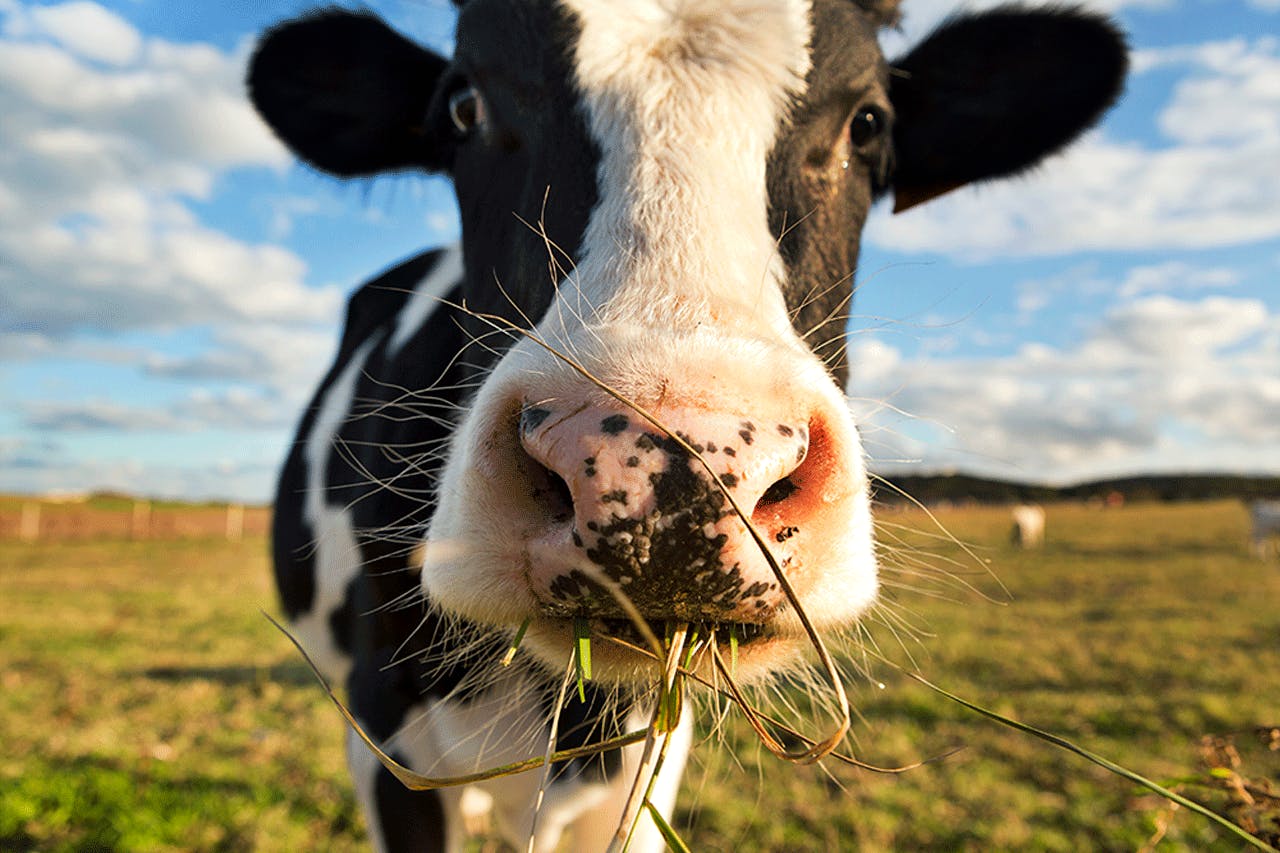THE QUESTION OF HOW A democratic decision will affect a nation’s food is becoming a hot potato as the United Kingdom prepares to leave the European Union on March 29, 2019.
The UK grows 49 percent of its food, importing 30 percent from the EU and 20 percent from other nations via EU trade deals.
Tim Lang, professor of food policy at City University, London, says the 2016 EU referendum was driven by outdated nationalistic pride. The idea Britain can grow all its own food is the perfect Brexit delusion, Lang says. “Britain does not feed itself, has not fed itself since the 1780s, and has relied on empires, colonies, and wartime deals to feed itself.”
No one knows what will happen to food if Britain crashes out of the EU without a deal, but it’s clear that everyone will be affected, whatever the result. “I think very few people looked at the referendum through the prism of the food industry,” says Richard Ashworth, an independent, pro-EU member of the European Parliament. “And yet it is one of those that will be most affected. It will affect everybody because food is one of our greatest necessities.”
Concerns over rising prices, and diluted human health and animal welfare standards post-Brexit, are increasing. The UK press has run stories about products like hormone-treated beef imported from the United States and other countries—banned by the EU over cancer risks. There are also fears small farmers could be wiped out by foreign competition if the government tries to contain food costs.
Despite this, farmers voted heavily for Brexit, motivated by arguments over migration and sovereignty, a poll in the trade journal Farmers Weekly found. “It was a shame the debate was so emotional about immigration, sovereignty, and rather vague notions. Yet no one did an audit of the food industry and what it would look like after Brexit,” Ashworth says.
The government’s proposed agriculture bill, published in September 2018, promises to scrap EU subsidies and provide cash for “public ‘goods,’” such as encouraging natural habitats. But critics say it does not provide a plan to grow more food. A food policy, Lang argues, would plan for farming’s future, tackle climate change, and reduce obesity and diabetes.
Yet for Lang, Brexit may still provide an opportunity to have a democratic discussion about food. “The British seriously need to wake up. If they want to leave the EU … they’re going to have to almost certainly accept a slide down in food standards.”
He offers a sobering challenge to his countrymen. “Dear Brits, what do you want? No hormones? If you want cheap burgers [from the USA], it’s great. Is it going to be good for your health? No. Is it going to be good for the climate? No. Is it going to be good for the animals? No. But it’s going to be a cheap way of killing yourself.”











